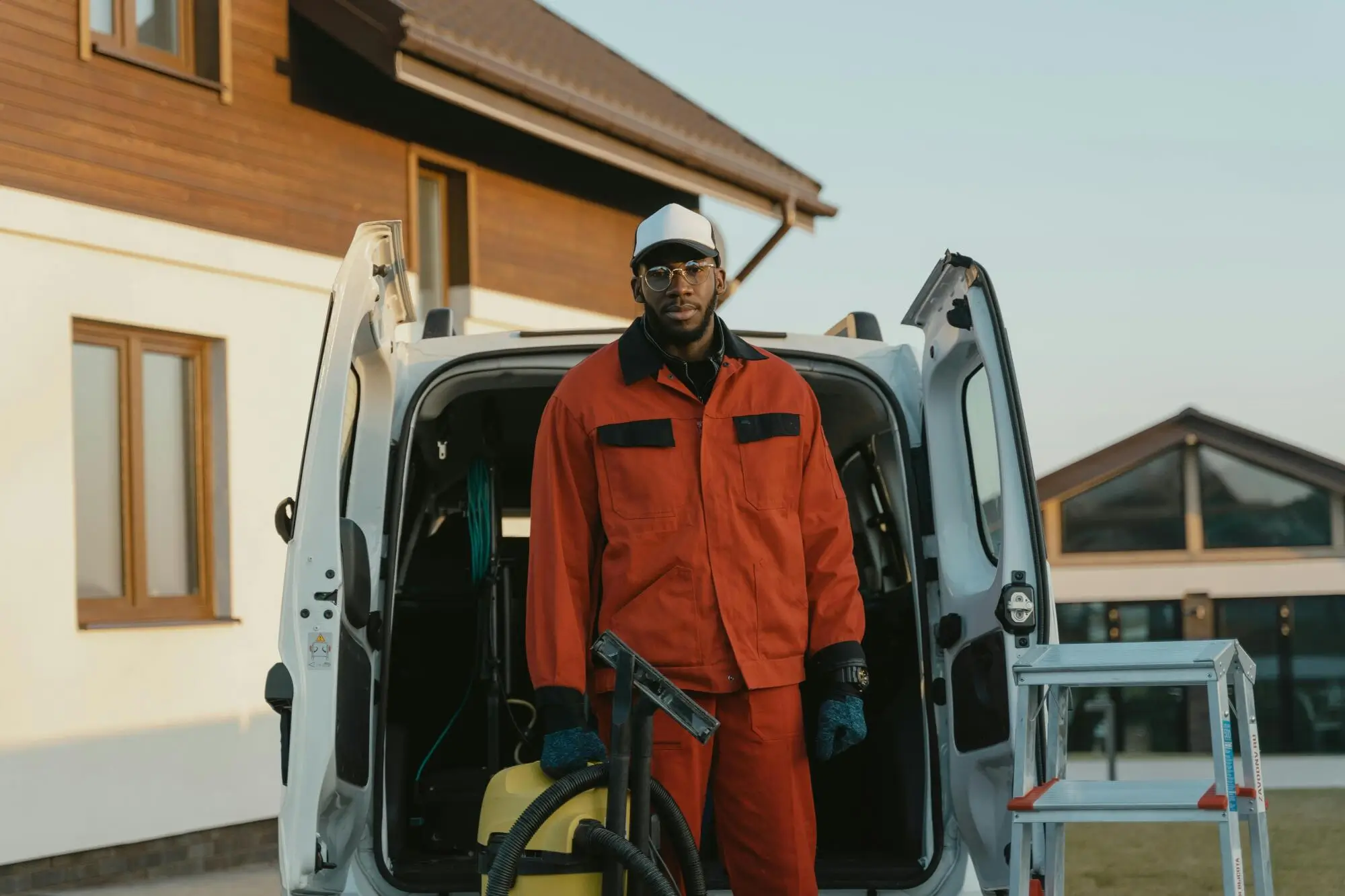Who's responsible for fixing the leaky faucet or changing the light bulbs in a rental property? Property maintenance can often lead to misunderstandings between landlords and tenants, making it essential to clearly define responsibilities.
Legal obligations vary depending on local laws, but understanding what's required of both parties can save time, money, and frustration. From tenant upkeep to landlord duties, dividing tasks correctly ensures your property stays in excellent condition while maintaining positive tenant relations.
In this article, we'll break down the legal landlord maintenance requirements, explore optional tenant responsibilities, and show how proper management protects your investment.
Legal Responsibilities: What Landlords Must Handle
Landlords have a legal duty to keep rental properties safe and habitable. Failure to meet these responsibilities can result in fines, lawsuits, or tenant disputes. Common legal obligations for landlords include:
- Ensuring all major systems, such as plumbing, electrical, and heating, are in working order
- Addressing structural repairs, including roofs and walls
- Complying with local safety codes, like functional smoke detectors and fire extinguishers
These essential tasks ensure tenants live in a safe environment, while proactive property maintenance minimizes the risk of major repair costs. Staying on top of these duties also fosters trust and goodwill with tenants.
Optional Tenant Maintenance Responsibilities
Tenants often play a role in maintaining a property, but their responsibilities are typically less complex. While landlords oversee significant repairs, tenants can be asked to manage smaller, optional tasks, such as:
- Changing light bulbs and smoke detector batteries
- Keeping the unit clean to prevent pest issues
- Informing landlords promptly about maintenance problems
These responsibilities should be clearly outlined in the lease agreement to avoid confusion. Encouraging tenants to handle basic upkeep ensures the property remains in good condition and reduces the burden on landlords.
The Importance of Preventative Property Care
Preventative property care is essential for protecting your investment and keeping tenants satisfied. Regular maintenance not only saves money but also reduces the risk of sudden, costly repairs. By staying ahead of potential problems, you can maintain a well-functioning and appealing property.
Servicing major systems like plumbing, electrical, and HVAC helps ensure they operate efficiently. Small issues, if ignored, can turn into expensive emergencies that disrupt tenants and damage your reputation. Keeping these systems in check protects your property's value and keeps tenants comfortable.
Exterior upkeep is equally important. Regular inspections of roofs, gutters, and building exteriors can uncover damage before it worsens. A well-maintained exterior creates a great first impression and builds tenant confidence.
By investing in proactive care, you reduce expenses, retain tenants, and maintain consistent rental income. A little attention now can save a lot later.
Clear Responsibilities Lead to Better Property Maintenance
Defining legal and optional maintenance responsibilities ensures a well-maintained property and reduces disputes. Property maintenance doesn't have to be complicated when both parties understand their roles and work together.
For landlords, meeting legal obligations is essential, but going the extra mile with preventative care sets your property apart. Ensure your property stays in top condition while creating a positive experience for tenants.
Contact PMI Atlanta West to learn how our comprehensive property management services simplify maintenance and protect your investment.


